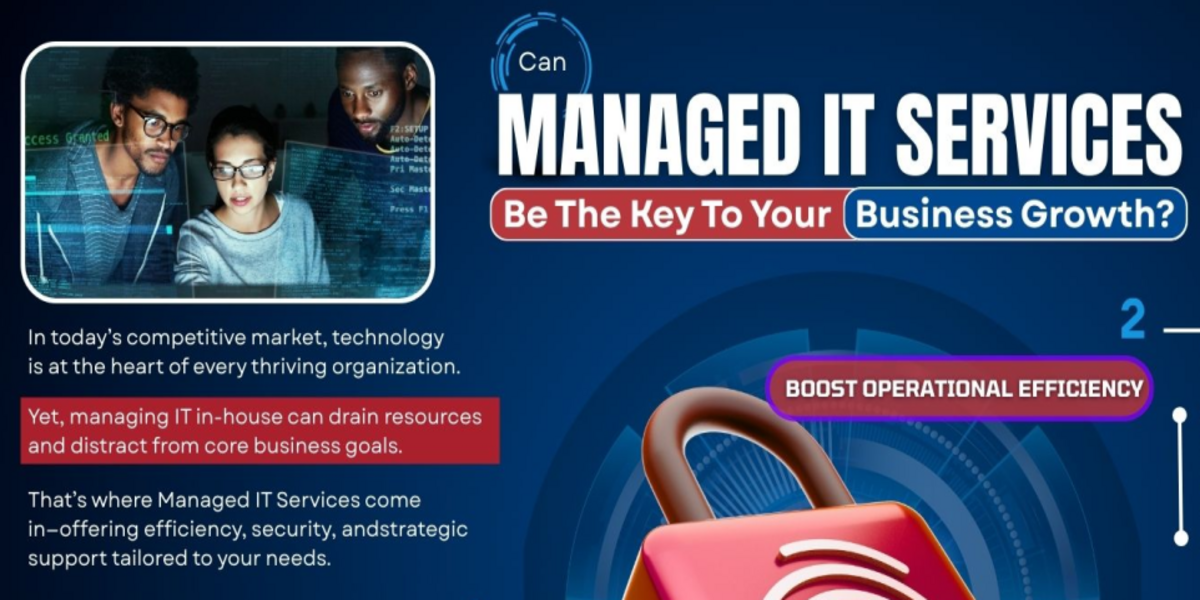Innovation and technology dramatically influence how businesses operate. Reducing overheads while increasing efficiency and flexibility is central to the survival of small businesses. One such technology liberating small businesses from the constraints of traditional IT systems is cloud computing.
As businesses evolve, so do their IT needs. For small businesses, setting up a complete IT infrastructure can be a massive investment that strains their resources. Here, cloud computing presents a solution, providing access to the latest technologies without committing significant capital, thereby leveling the playing field with larger competitors.
In this article, we take a look at cloud computing in detail and also study the efficiency and flexibility it has to offer. Stay with us for more.
Understanding Cloud Computing
Cloud computing refers to the delivery of IT services such as servers, storage, databases, networking, software, analytics, and intelligence over the internet (“the cloud”). Intriguingly, it offers faster innovation, flexible resourcing, and economies of scale.
How Cloud Computing Enhances Efficiency and Flexibility
Cloud computing offers vast possibilities for small businesses. From enhancing efficiency and flexibility to reducing costs, its key benefits are far-reaching:
- Cost-Efficiency: Instead of investing in expensive hardware and software, cloud computing allows businesses to pay for only the services they use. Thus, it dramatically reduces the total cost of IT ownership.
- Scalability and Flexibility: In cloud computing, services are used ‘on-demand.’ Businesses can upscale or downscale their IT requirements when necessary, giving them flexibility to adapt quickly to changing business needs.
- Data Security and Disaster Recovery: High levels of encryption and security protocols ensure data integrity. Moreover, storing data in the cloud ensures its safety in case of onsite disasters.
- Collaborative Working: Employees can access, edit, and share documents anytime, anywhere, enhancing collaboration within the team and increasing productivity.
Additional Benefits of Cloud Computing for Small Businesses
Let’s take a closer look at the pivotal benefits cloud computing brings to the small business ecosystem:
Competitive Advantage
Small businesses that leverage cloud computing enjoy the ability to seize opportunities quicker than larger, slower-moving businesses. With the power to access the latest technologies without extensive investment or lag, small businesses can react to market changes at speeds that leave larger competitors in the dust. Consequently, time-to-market for new products or updates decreases, significantly boosting competitive positioning.
Automated Updates
Cloud service providers shoulder the responsibility of all software updates and maintenance, liberating small businesses from this resource-draining task. Automatic updates ensure that businesses harness the benefits of the latest features without dedicating specific resources to them. In turn, small businesses can focus solely on their core operations – growing their business without being restrained by ancillary tasks.
Environmental Sustainability
With cloud computing, businesses only use the server space they need. This efficiency reduces the company’s carbon footprint, aligning the business with environmentally sustainable practices. Demonstrating a commitment to ‘green’ operations not only contributes to the mitigation of climate change but also enhances the business’s reputation with environmentally conscious consumers and partners.
Improved Mobility
Cloud computing effectively decouples work from a fixed location. It allows employees to access their work from anywhere, at any time, enhancing operational flexibility. This capability is especially valuable in the era of remote work, as cloud computing supports smoother collaboration across dispersed teams. All that’s required is a device with an internet connection. This facility increases productivity, enhances work-life balance, and leads to a happier, more engaged workforce.
Business Continuity
In a world where data is paramount, any loss of data can be a calamity. Cloud computing offers robust disaster recovery solutions, ensuring business continuity. Data stored in the cloud is not tied to a physical location – it can be retrieved quickly and fully, even if your physical infrastructure goes down. This feature underpins stability and bolsters resilience, enhancing businesses’ ability to navigate crises.
Easier Collaboration and Communication
With cloud computing, files are centrally stored and can be accessed, edited, or shared anytime, from anywhere. Teams can collaborate seamlessly, with information synchronized across devices. This ease of sharing and synchronization not only accelerates communication among teams but also heightens accuracy by ensuring everyone is working from the most current data.
In turn, small businesses can deliver superior products or services, strengthening their position in the market.
Each of these benefits can significantly empower a small business – enhancing efficiency and flexibility, reducing costs, strengthening resilience, and ultimately, catalyzing growth and profitability. Thus, embracing cloud computing squarely positions small businesses for unprecedented success in a highly competitive digital age.
Unlocking Potential With Managed IT Service Providers
While the potential of cloud computing is immense, navigating through the intricacies of setting up and maintaining the systems requires expertise. This is where Managed IT Service Providers (MSPs) enter the scene and prove their value-addition
MSPs specialize in all the nitty-gritty of managing cloud infrastructure. They offer full-service options, including cloud-based data backup, disaster recovery, network security, technical support, and much more.
Benefits of Using Managed IT Service Providers
- Expert management: MSPs provide professional management of IT services, ensuring smooth setup and operations without disruptions.
- Cost savings: By outsourcing IT services to MSPs, businesses can focus their resources on their core operations, achieving higher productivity and cost savings.
- Data Security: MSPs implement robust security measures to protect sensitive business data, alleviating concerns about data breaches.
- Access to the latest technology: MSPs continually update systems and processes to the latest industry standards, providing businesses access to cutting-edge technologies.
- 24/7 Support: Most MSPs offer round-the-clock technical support to address any technical issues promptly.
Managed IT Service Providers can alleviate the challenges and complexities of executing cloud computing, helping small businesses focus on what is important, that is to – grow their business!
Are you a small business owner eager to streamline operations, enhance productivity, and secure your data? Look no further! Investing in cloud computing and partnering with a Managed IT Service Provider could just be the key. Why keep the future waiting? Take the leap, and let cloud computing power your business to new heights!



